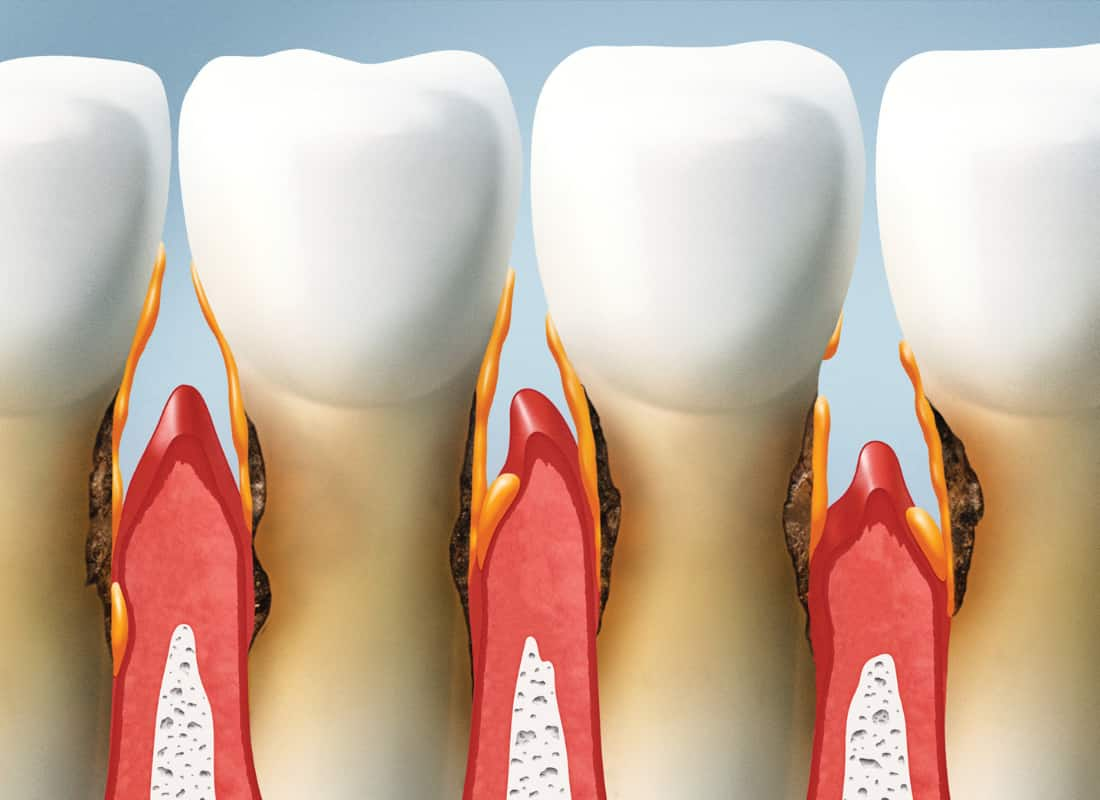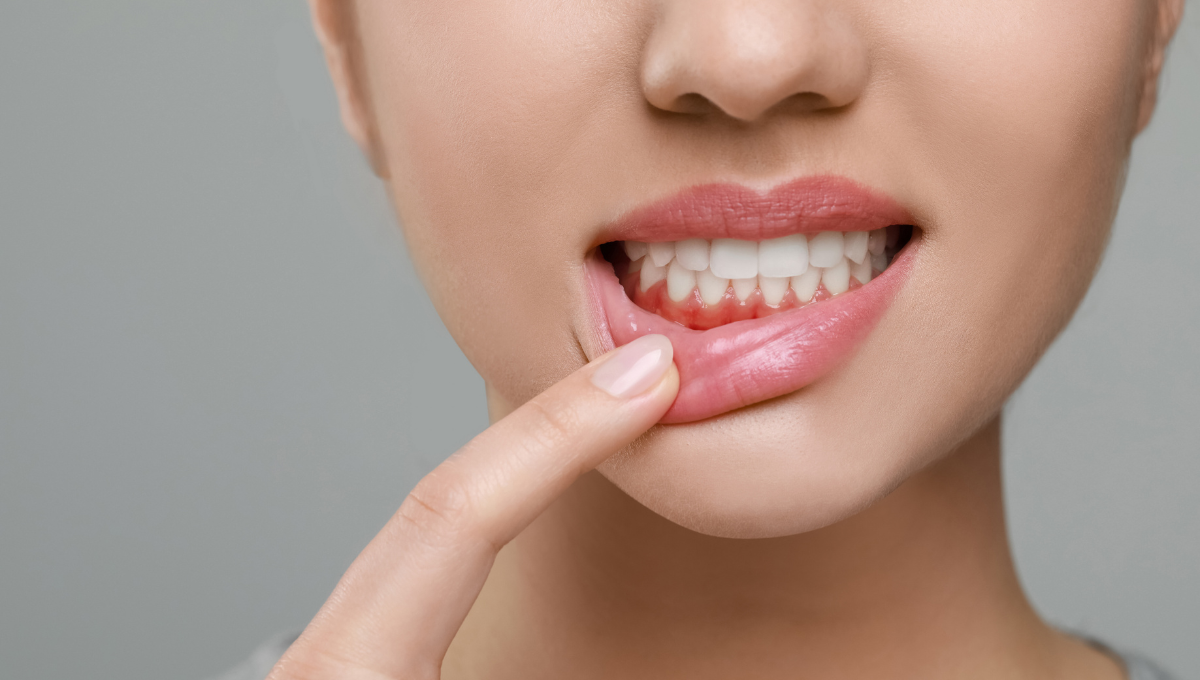TEETH - STRAIGHTENING TREATMENT
SERVICES
RESOURCES
SHOP
MEDICAL CERTIFICATIONS
Certifications ensuring safety, quality, and compliance with global standards.
Certifications ensuring safety, quality, and compliance with global standards.
There are several forms of gum disease, also known as periodontal disease, including gum recession, gingivitis, and periodontitis. This article will focus on receding gum, a condition where the gum tissue surrounding the teeth wears away or pulls back, exposing more of the tooth or its root.
Gum recession is a term we often hear, but many people may not have a basic understanding of its causes, initial symptoms, and how to restore gum health. It seems to appear frequently in advertisements for oral care products, yet its severity as a disease may not be widely known.
In fact, receding gum is almost always an early indication of oral health issues. Essentially, when gums show symptoms such as swelling, inflammation, suppuration, bleeding, or recession, it often indicates oral problems are emerging. Here, we will analyze the causes of gum recession, what the initial symptoms are, and how to restore oral health.

Various reasons can lead to this problem, aside from the most common, periodontal disease. Even among those who clean their teeth on a daily basis, gum recession can still be caused by bad brushing habits or innate dental issues like tooth loss or misalignment. Several common reasons for receding gums include the following:
Gum recession serves as a warning sign of periodontal disease. Poor oral hygiene and inadequate teeth-cleaning habits can lead to the gradual accumulation of plaque. Over time, this plaque hardens into calculus (tartar), which can cause gum disease. This eventually can destroy the alveolar bone, which supports the teeth, making recession likely. So, how can you detect the signs of receding gum early and seek prompt treatment?
If your gums start to recede and the root of your tooth is gradually exposed, one of the most noticeable symptoms is increased tooth sensitivity. You might also notice that your teeth appear longer when you look in the mirror. Once a gumline recession begins, it cannot recover on its own, especially when it is caused by severe gum disease. At this stage, restoring the already-receded gums becomes challenging.

Treatment for receding gingiva (gum recession) includes scaling, root planing, and gum surgery. If your dentist identifies gum recession during an examination, they may first recommend scaling and root planing to remove plaque and calculus from near the gum line, within gum pockets, and on the tooth roots. This thorough cleaning process may require local anaesthesia and the use of an ultrasonic cleaning device by the dentist to clean the tooth roots thoroughly.
If your case is severe, your doctor may recommend gum surgery, such as gum flap surgery or gum grafting.
In summary, it may be difficult for people to determine if their gums are receding on their own, so the best approach is to have regular check-ups at your local dental clinic to identify and get gum recession treatment. Early treatment can prevent it from getting worse.
Individuals experiencing early-stage gum retraction should be aware that it cannot be reversed if periodontal disease is the underlying reason. Therefore, starting treatment as soon as possible is the best strategy to stop gum health from declining. If you have misaligned teeth, consider contacting Dr Clear Aligners for a free online smile assessment and obtain a personalized correction plan.
Get a free consultation with your orthodontist today to explore your options and take the first step towards achieving the smile of your dreams. Your journey to a confident smile starts now!
Flossing is one of the most important (and most skipped) parts of oral hygiene. Many people brush twice a day ...
5 January 2026
What Is Plaque on Teeth? Dental plaque is a soft, sticky film that constantly forms on your teeth. It is ...
22 December 2025
What Is a Gummy Smile? A gummy smile happens when more of the upper gums show than usual when you ...
15 December 2025
What Is a Crossbite? A crossbite happens when your upper teeth sit inside your lower teeth when you bite down. ...
9 December 2025
What Is IPR? Interproximal reduction, often referred to as IPR, is a common technique employed in modern orthodontics to create ...
1 December 2025

